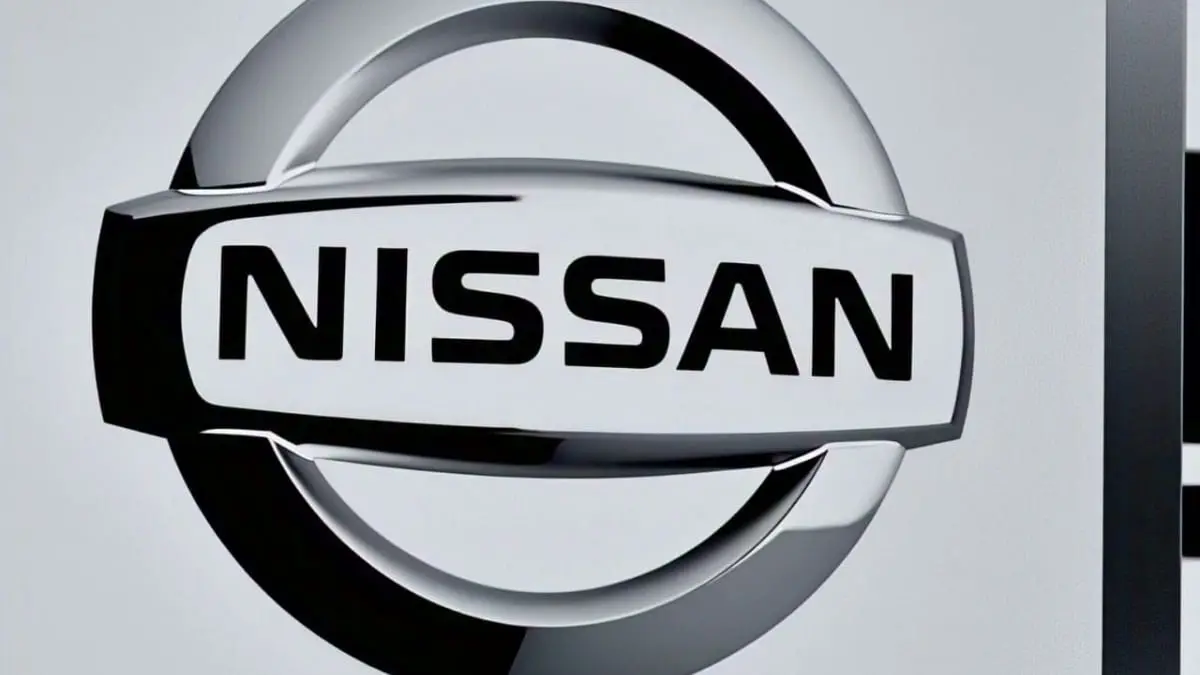Updated 17 May 2025 at 18:43 IST
Nissan’s Big Move: Closing Plants in Japan, South Africa & More — Will This Affect India?
The Japanese carmaker aims to streamline operations, curb losses, and sharpen its focus on electrification amid mounting global competition.
- Republic Business
- 4 min read

Nissan Motor Co. is weighing the closure of several manufacturing facilities in Japan and overseas in what could be its most significant restructuring move in over two decades, according to media reports. The Japanese carmaker aims to streamline operations, curb losses, and sharpen its focus on electrification amid mounting global competition.
Sources familiar with the matter have indicated that Nissan is considering shuttering its Oppama and Shonan plants in Japan—both longstanding fixtures in the company’s domestic production network. If the plan goes ahead, Nissan's presence in Japan would shrink to just three facilities—in Tochigi and Fukuoka prefectures.
Also Read: Nissan to Halt Operations at Select Japan Plants, Plans Over 20,000 Job Cuts | Republic World
Indian Facility Bought by Renault
It may be recalled that Nissan has decided to stop manufacturing cars in India and has sold its 51% shareholding in a factory in Chennai to joint venture partner Renault. The company, which has struggled to gain market share in India despite investing over 550 million euros to date—and committing an additional 140 million euros for new products—will now pay Renault to manufacture its models at the Chennai plant as it shifts focus to boosting sales and service.
Advertisement
Overseas Facilities Also Under Scanner?
According to Reuters, the company is also evaluating the future of its international plants in Mexico, South Africa, India, and Argentina. These potential closures are part of a broader strategy to reduce Nissan's global production footprint from 17 plants to 10 by FY2027 and cut approximately 15% of its workforce—an estimated 20,000 jobs.
The sweeping revamp, dubbed the “Re: Nissan” plan, has been initiated under the leadership of new CEO Ivan Espinosa, who took charge in April 2025. The move marks a shift from previous expansion-driven policies to a leaner, profit-focused operating model.
Advertisement
Nissan is targeting cost reductions of 500 billion yen (around $3.4 billion) over the next two years and aims to return to profitability by FY2026.
As part of its renewed strategy, the company has scrapped plans for a proposed ¥160 billion ($1.1 billion) electric vehicle battery plant in Kitakyushu, Japan, as it reassesses investment priorities. Nissan has also begun consolidating production lines and redirecting resources toward its electric and hybrid vehicle programs.
Will this Affect India?
However, Nissan Motor, when contacted by Republic Business claimed that the recent reports on the potential closure of certain plants are extremely “speculative” and not based on any “official information” of the company.
"We have officially announced to consolidate the production of Nissan Frontier/Nissan Navara pickups, currently split between Mexico and Argentina, into a single production HUB in the region, centralized at the CIVAC plant in Morelos, Mexico. In March, we announced that Renault Group would own 100% of Renault Nissan Automotive India Private Ltd (RNAIPL), by acquiring the 51%-shareholding currently held by Nissan. At this time, we will not be providing further comments on this matter. Our focus remains on our operations and the dedicated workforce that drives our success. We are committed to maintaining transparency with our stakeholders and will communicate any relevant updates as necessary,” stated Nissan Motor Company spokesperson in response to queries sent by Republic Business.
Weak Financials
Nissan Motor Company's challenges are compounded by declining sales in China, intensifying competition in the electric vehicle segment, and rising input costs. For the fiscal year ending March 2025, the company reported a net loss of 670.9 billion yen (approximately $4.5 billion), a sharp reversal from the prior year’s profit of 426.6 billion yen.
Consolidation Drive
The proposed closures would mark Nissan’s first plant shutdowns in Japan since 2001. The Oppama and Shonan facilities, which collectively employ over 5,000 people, have a combined annual production capacity of nearly 400,000 vehicles.
Looking ahead, Nissan plans to consolidate operations around its more strategic and technologically advanced hubs in Kyushu and Tochigi. These sites are expected to play a central role in the company’s next-generation vehicle development and global supply chain.
Published By : Avishek Banerjee
Published On: 17 May 2025 at 15:01 IST
